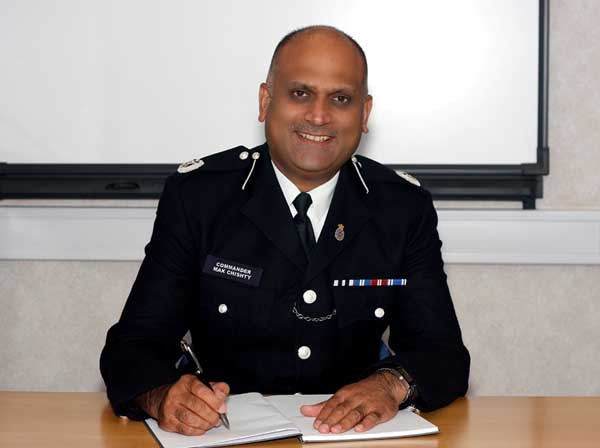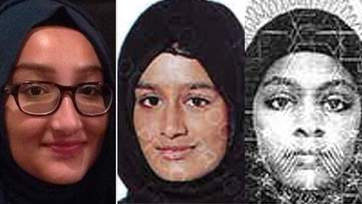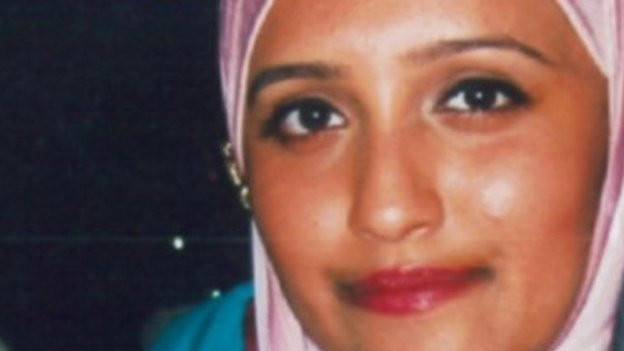Isis UK: British Muslim police chief warns Muslim community must stop kids being radicalised

Britain's most senior Muslim police chief made headlines when he warned that kids as young as five-years-old had rejected Christmas and that parents should watch out for clues that their children were being radicalised, such as a refusal to shop at Marks & Spencer.
It smacked of hysteria when his comments were published on 24 May, but less than a week later, Mak Chishty is adamant that he knew what he was doing. British Muslims were being groomed by extremists and it was time that the Muslim community did more about it.
"It needs to be said," Chishty told IBTimes UK from his tenth-floor office in Scotland Yard. "At times [it] might come across as quite contentious, challenging, and a bit prickly because it is real or it hits a nerve. It can be uncomfortable for everyone, myself included, but it is right [for the] long term protections of communities."
Birmingham born and bred, Chishty became a policeman when he was 18-years-old because he "adored the British police service" and, amongst other things, he "thought the uniform looked authoritative". Indeed, he liked the uniform so much that he got married in it. He quickly rose through the ranks in Birmingham and later Rugby before moving to London.
As a commander, Chishty is now the most senior Muslim officer in the British police and recently took on the role of head of community engagement. At a time when the entire country is talking about radicalisation and the flood of British Muslims travelling to Syria and Iraq to fight, Chishty is at the forefront of the police's effort to win hearts and minds.

"I feel an immense sense of responsibility. There are harmful forces out there which are influencing our communities and I want to make sure that we safeguard [them], that Muslim communities are presented as they are: moderate, peaceful, progressive," said Chishty.
It could be said that the argument he made last week has been made before, and also that British Muslims have had just about enough of people in authority telling them that they bear the responsibility for the radicalisation of young Muslims - but Chishty is unapologetic.
"The majority of [radicalisation cases] are stemming from the Muslim community. I am not saying the Muslim community is bad. I am from that community [and] I want to protect it. If we deal with it five years down the line it may be too late," he said.
He is keen to draw attention to the Muslim focus groups that he has been involved in setting up in London, which have grown from 20 people a month to 80, as well as the Muslim Youth Festival 15, which was held on 28 March.
But it could be argued that those numbers are unimpressive when radical clerics like Anjem Choudary have tens of thousands of Twitter followers and the internet is packed with both radical websites and individuals and groups willing to use them to recruit new fanatics.
"It is huge, there is a chasm here," he said.

Chishty's two press handlers baulk when the commander is asked about policy, in particular the proposed new laws by Theresa May that will see a huge increase in sanctions for Muslims found to be extremists or members of extreme groups.
Experts have warned that the new laws risk stifling the debate that allows violent extremism to be effectively challenged, and criminalising those who may oppose what many would consider core British values but offer no criminal threat.
Chishty side-steps the issue, arguing that it is not for him to comment on government policy, but says that while he wants to see Muslim parents more active in the private lives of their children, it is not for the police to force its way into that sphere.
"I am not saying that the police should be in that private space. We don't have the legislative framework for that and neither do we want to. It is not the police's role to be around my dinner table," he said.
"[But] people within that private space should start to pick up any signs. If a pattern of behaviour suddenly changes [I want] people to be empowered."
© Copyright IBTimes 2025. All rights reserved.






















